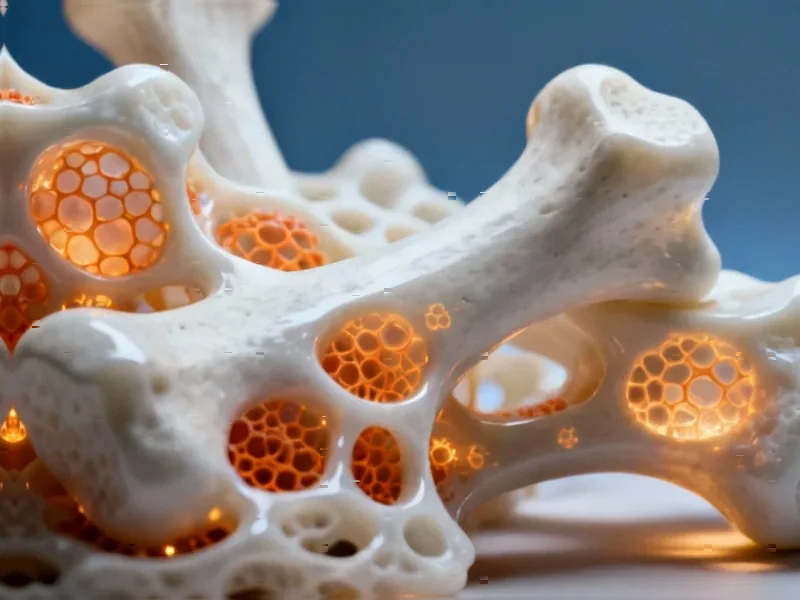New Seismic Analysis Enables Earlier Eruption Forecasts for Mount Etna
Scientists have discovered a novel method for predicting volcanic eruptions months before they occur by analyzing earthquake patterns. The breakthrough research at Mount Etna uses b-value analysis to track magma movement from deep crustal levels to the surface.
Breakthrough in Volcanic Prediction
Researchers at Italy’s National Institute of Geophysics and Volcanology (INGV) have developed a groundbreaking method for predicting volcanic eruptions months in advance, according to a new study published in Science Advances. The technique focuses on analyzing earthquake patterns that correspond to magma movement from deep within the Earth’s crust to the surface, potentially revolutionizing how scientists monitor active volcanoes like Mount Etna.









